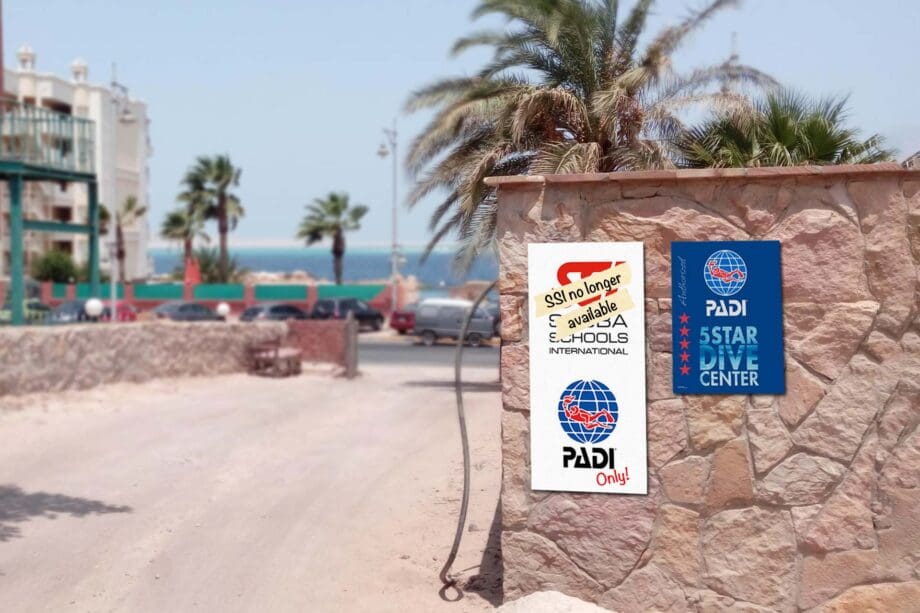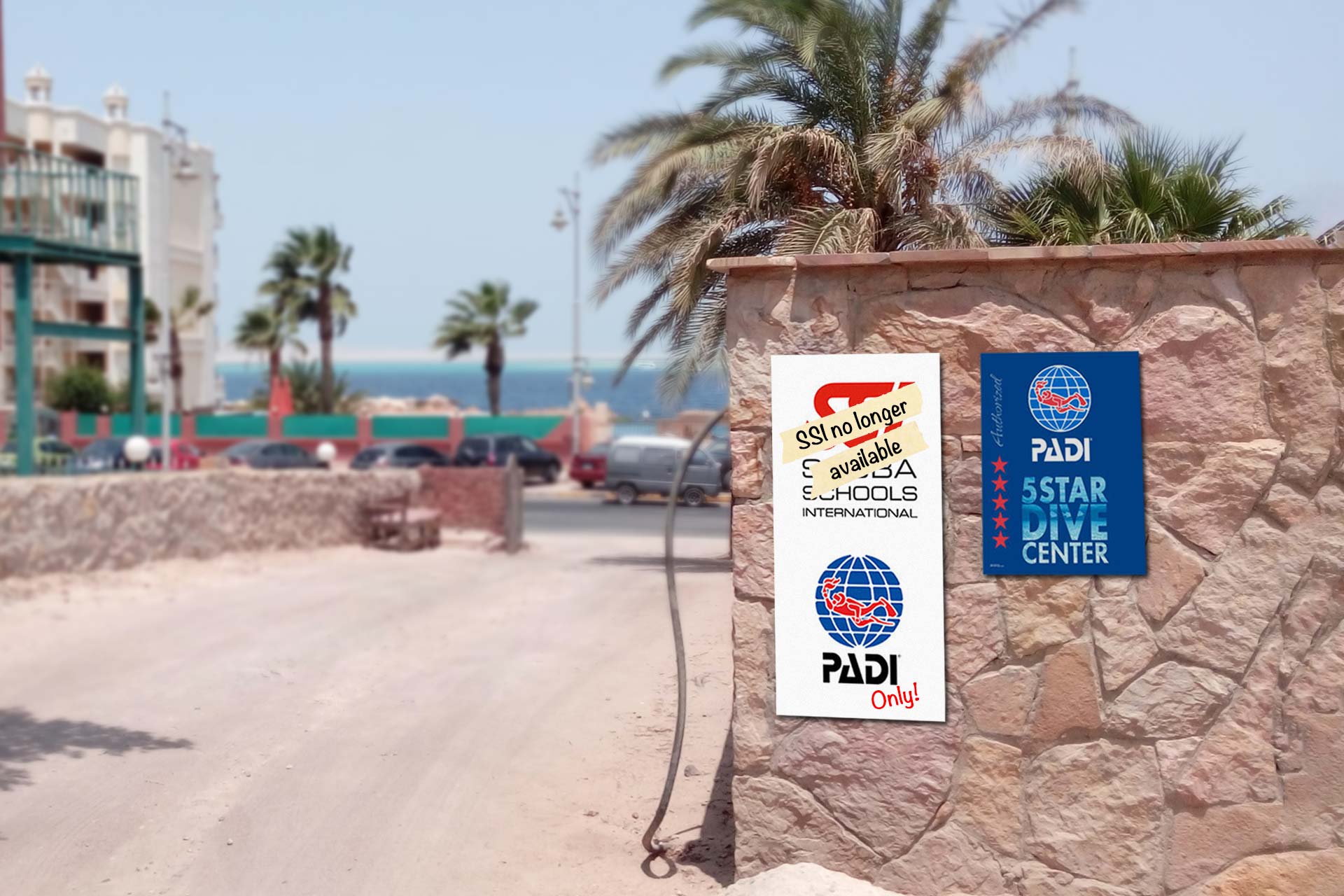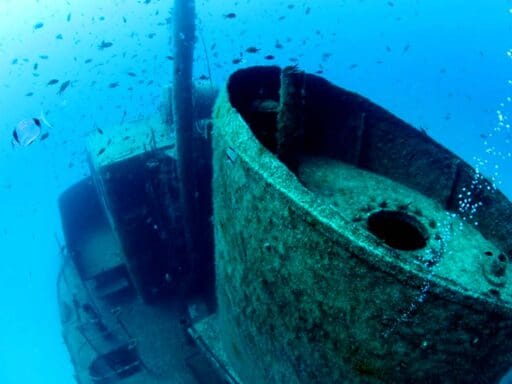The new PADI policy changes mandates that training centers exclusively affiliate with PADI for their diver training services. This decision, effective as of the beginning of 2024, marks a strategic shift for the organization.
In communication with existing member centers, PADI EMEA (Europe, Middle East & Asia) has conveyed the new mandate, stressing the importance of adherence to PADI’s training programs exclusively. The agency justifies this move as a measure taken after thorough deliberation, with the primary objective of prioritizing the interests of its membership base.
Anger at PADI policy changes
This initiative mirrors successful strategies previously deployed by PADI in other key EMEA regions, such as Africa and the Indian Ocean. By consolidating all dive centers under the PADI banner, the organization aims to optimize support for its members in terms of business operations, training facilities, and marketing resources, while concurrently safeguarding the integrity of the PADI brand.
PADI has identified the presence of multiple dive centers offering competing services from various training agencies and brands as a persistent source of confusion and dissatisfaction among both new and experienced divers. Research conducted by PADI indicates that over 75% of divers actively seek out PADI-affiliated centers, perceiving them as synonymous with excellence in the industry.
Currently, PADI is represented at over 450 dive centers across the Middle East, including prominent locations like Egypt, the United Arab Emirates, and Saudi Arabia. While centers unable to comply with the exclusive affiliation requirement may forfeit their PADI membership, they can still cater to existing PADI-certified divers under individual memberships, provided they adhere to PADI standards and regulations.
Changes will inevitably open market for others
While the PADI policy change sees to enforce exclusivity with dive centers, it ultimately presents a unique opportunity for other agencies such as SSI, RAID, SDI and CMAS to capitalize on the discontent brewing among PADI-accredited facilities.
The move by PADI has sparked frustration and anger among some dive centers, who may now be seeking alternative affiliations that offer more flexibility and autonomy in their operations.
In response, competing certification agencies will likely position themselves strategically as viable alternatives, offering dive centers the freedom to choose from a range of training programs tailored to their specific market needs.
By emphasizing their commitment to fostering an open and inclusive approach to training, these agencies can easily attract not only annoyed dive centers, but also divers who value choice and diversity in certification options.
We can expect to see leverage of social media, targeted marketing campaigns, and partnerships with regional stakeholders – alternative agencies will begin to amplify their message and expand their presence in the Middle East diving market, ultimately benefiting from the discontent generated by the PADI policy change.
In response to PADI’s directive, rival training agency Dive RAID International has emphasized its commitment to allowing member centers the freedom to conduct business according to their market dynamics. Unlike PADI, RAID has opted not to impose similar restrictions on its affiliates, believing in offering customers a choice that aligns with their preferences.
On behalf of the shareholders and management team at Dive RAID International (RAID), we wish to make it clear that our agency does NOT plan to restrict our members from conducting business however they wish and in a way that works best in their market.
We are aware that a competitive certification agency has recently decided that dive centres in certain regions who “fly its flag” may no longer offer courses from other companies. Offering alternative programs in these regions, either to offer courses NOT in their curriculum or to simply offer customer choice, will result in what amounts to expulsion.
RAID, January 7th 2024





